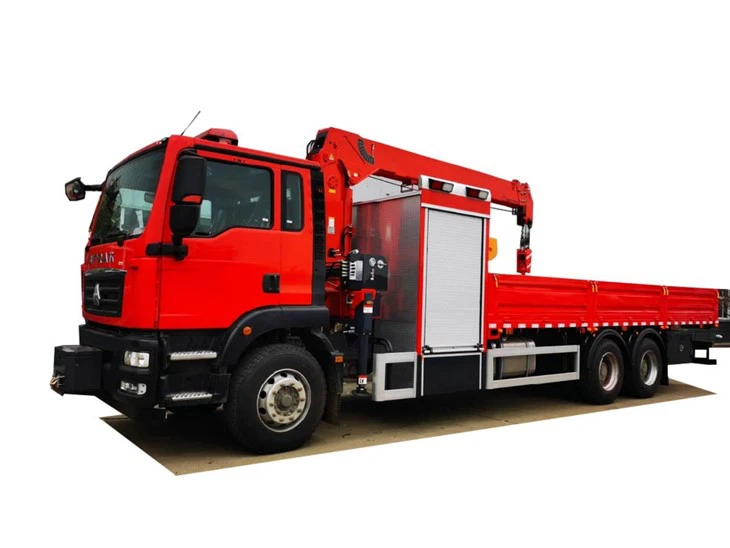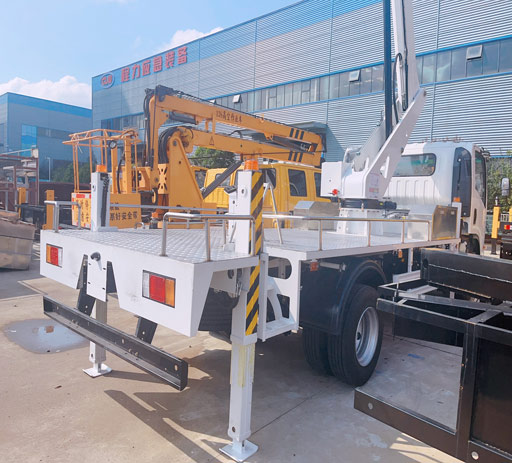Paver Carrier: The Ultimate Guide for Efficient Transportation and Handling of Pavers

Paver carriers play a crucial role in the construction and landscaping industries, ensuring efficient and safe transportation of concrete pavers, bricks, and tiles. Their versatility and functionality have made them indispensable for contractors and landscapers alike. In this article, we’ll explore the various types of paver carriers, their uses, benefits, and tips for choosing the right one for your projects. By the end, readers will have a comprehensive understanding of paver carriers and how to utilize them effectively.
What is a Paver Carrier?
A paver carrier is a specialized vehicle or machine designed to transport, lift, and place pavers for construction and landscaping projects. These carriers vary in size, design, and function, making them suitable for a range of tasks from residential patios to large commercial projects. They are engineered to handle heavy loads while ensuring efficiency and safety on the job site.
Types of Paver Carriers
Understanding the different types of paver carriers is crucial for selecting the right equipment for your needs. Below are the most common types:
1. Tow-Behind Paver Carriers
These carriers attach to a vehicle, like a truck or tractor, enabling easy transportation over various terrains. They are ideal for smaller jobs or when you need to move pavers over distances without a dedicated transport vehicle.
2. Self-Loading Paver Carriers
These machines come equipped with a self-loading mechanism that allows operators to load pavers directly onto the carrier without additional equipment. This feature saves time and reduces labor costs significantly.
3. Flatbed Paver Carriers
Flatbed carriers are often used for transporting larger quantities of pavers or bricks across long distances. They can be loaded and unloaded using cranes or forklifts and provide excellent stability during transport.
4. Crawler Paver Carriers
Crawler paver carriers are designed for rugged terrains. They have tracks instead of wheels, allowing them to traverse uneven ground while carrying heavy loads effortlessly.
Benefits of Using Paver Carriers
Paver carriers offer numerous advantages for construction and landscaping projects. Here are some key benefits:
Increased Efficiency
Paver carriers significantly speed up the process of moving and placing pavers, allowing crews to complete projects faster.
Cost-Effectiveness
Investing in a paver carrier can reduce labor costs, as fewer workers are needed for transportation and handling tasks.
Enhanced Safety
By using paver carriers, the risk of injury due to heavy lifting is minimized. These machines are built with safety features to protect operators and crew members.
Reduced Material Damage
Paver carriers are designed to hold pavers securely, minimizing the chances of damage during transportation. Proper handling reduces material wastage and overall project costs.
Choosing the Right Paver Carrier

Selecting the appropriate paver carrier is crucial for ensuring your project’s success. Here are some tips to help you make an informed decision:
1. Assess Your Project Requirements
Consider the size and scope of your project. For smaller projects, a tow-behind carrier may suffice, while larger projects may require a self-loading or crawler paver carrier.
2. Evaluate Your Budget
Determine how much you are willing to spend. While it may be tempting to choose the cheapest option, investing in high-quality equipment can save you money in the long run due to decreased maintenance costs.
3. Analyze Terrain Conditions
Consider the terrain where the paver carrier will operate. If dealing with rough or uneven surfaces, you may need a crawler paver carrier for better stability and traction.
4. Look for Versatility
Select carriers that can handle multiple types of materials and tasks. A versatile machine offers better value while adapting to various project requirements.
Maintenance Tips for Paver Carriers
Proper maintenance prolongs the life of paver carriers and ensures safe operation. Here are some essential tips:
1. Regular Inspections
Regularly check the carrier for wear and tear, including tire pressure, hydraulic fluid levels, and the overall condition of the machinery.
2. Clean the Carrier After Use
Cleaning the carrier after each use prevents the buildup of dirt and debris, which can cause mechanical issues over time.
3. Use Manufacturer-Recommended Parts
When replacing parts, always opt for manufacturer-recommended components to ensure compatibility and maintain performance.
4. Schedule Routine Servicing
Follow a routine service schedule to allow for professional inspections and repairs as needed. This approach ensures that minor issues don’t develop into significant problems.
Applications of Paver Carriers in Various Industries
Paver carriers find use across different sectors. Here are some applications:

1. Landscaping and Garden Design
Landscapers utilize paver carriers for transporting garden pavers, stones, and decorative items, ensuring efficient project completion.
2. Commercial Construction
In commercial projects, paver carriers are essential for moving large quantities of pavers for walkways, parking lots, and outdoor spaces.
3. Road Construction
Paver carriers assist in transporting materials for road constructions, including concrete slabs and asphalt, facilitating expedited work processes.
4. Residential Projects
Homeowners and contractors use paver carriers for patio installations, driveways, and pool areas, combining aesthetics with functionality.
Practical Examples of Paver Carrier Usage
Examining real-world scenarios helps illustrate the significance of paver carriers:
1. Project Case Study: Urban Park Development
In a recent urban park development project, a self-loading paver carrier was used to transport decorative paving stones. The machine enabled the crew to complete installations quickly, allowing for the park’s timely opening.
2. Efficiency Boost: Residential Driveway Installation
A contractor working on a residential driveway used a tow-behind paver carrier to transport bricks. The carrier reduced manual handling, resulting in faster installation.
3. Landscaping Business: Better Customer Satisfaction
A landscaping business invested in a crawler paver carrier, which allowed them to take on larger projects. The increased capacity and efficiency translated into higher customer satisfaction and repeat business.
Future Trends in Paver Carrier Technology
As technology evolves, paver carriers are likely to see several advancements:
1. Enhanced Automation
With advancements in robotics and automation, future paver carriers may incorporate AI for improved efficiency and reduced operator workload.
2. Eco-Friendly Designs
As the construction industry focuses on sustainability, manufacturers may produce electric or hybrid paver carriers that minimize environmental impact.
3. Integration of Smart Technologies
Smart paver carriers that provide real-time data analytics on load weight, location, and operational efficiency may soon become the norm.
FAQs about Paver Carriers
1. What is the average cost of a paver carrier?
The cost varies widely based on type and features. Tow-behind carriers can range from $2,000 to $5,000, while self-loading and crawler options may range from $10,000 to $50,000.
2. Can I rent a paver carrier for short-term projects?

Yes, many equipment rental companies offer paver carriers for rent. This option can be cost-effective for short-term projects without the need for a long-term investment.
3. How much weight can a paver carrier transport?
The weight capacity depends on the model. Smaller tow-behind models may carry around 1 ton, while larger self-loading and crawler carriers can handle up to 10 tons or more.
4. How do I ensure my paver carrier is safe to use?
Always perform pre-operation checks, adhere to maintenance schedules, and ensure that operators are trained in proper handling and operational safety protocols.
5. Are there paver carriers designed for specific materials?
Yes, some carriers are designed specifically for heavy materials like concrete slabs, while others may be more suitable for lighter items like brick pavers.
6. How can I improve the lifespan of my paver carrier?
Regular maintenance, proper usage, and immediate attention to repair needs can significantly improve the lifespan of your paver carrier.
